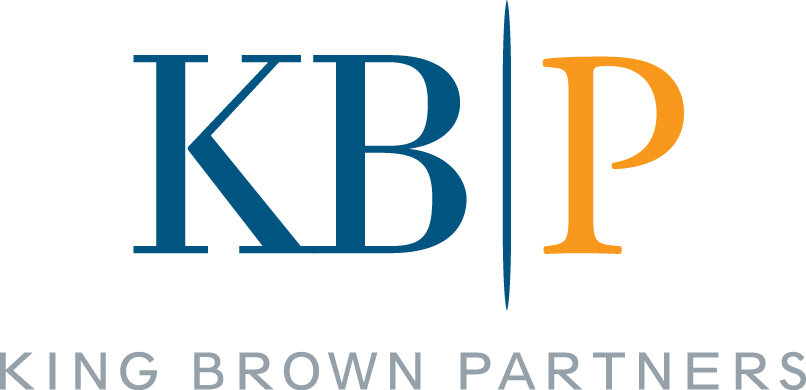Reduce, Reuse, Recycle
We have found that many companies are sitting on veritable treasure troves of data. Undiscovered, unused—and very valuable.
The culprit, more often than not, is a siloed environment. Data are collected and stored by individual departments or individual functions, with little to no interaction across them. We’ve seen volumes of business data that could be relevant to marketing, sitting in transactional databases untapped. We’ve seen multiple departments gathering redundant data on the same set of issues with no awareness that the data already exist within their organization. We’ve even seen marketing departments sitting on data that could be used by others within their own department.
The result is that too much money and too many cycles are spent collecting data that are at best marginally important, and at worst unnecessary.
That’s not to say that primary data collection efforts are unnecessary. Although sometimes they are.
We believe strongly that primary research is appropriate when there is a need to clarify, specify and/or update your understanding of a critical issue. And preferably when there is a clear action to be taken at the end.
Agile Research is designed to fill in the blanks, provide immediate guidance and enable quick—and meaningful—decisions. But doing it right requires that you identify the “knowns” before you start exploring the “unknowns.” In so doing, you may be able to reduce the amount of new data you need to collect, you can collect data that might be used for more than a single purpose, you can even recycle existing data and forgo the research entirely.
To be useful, data need to be recent, relevant and reliable. But they don’t have to be reinvented with every study.
